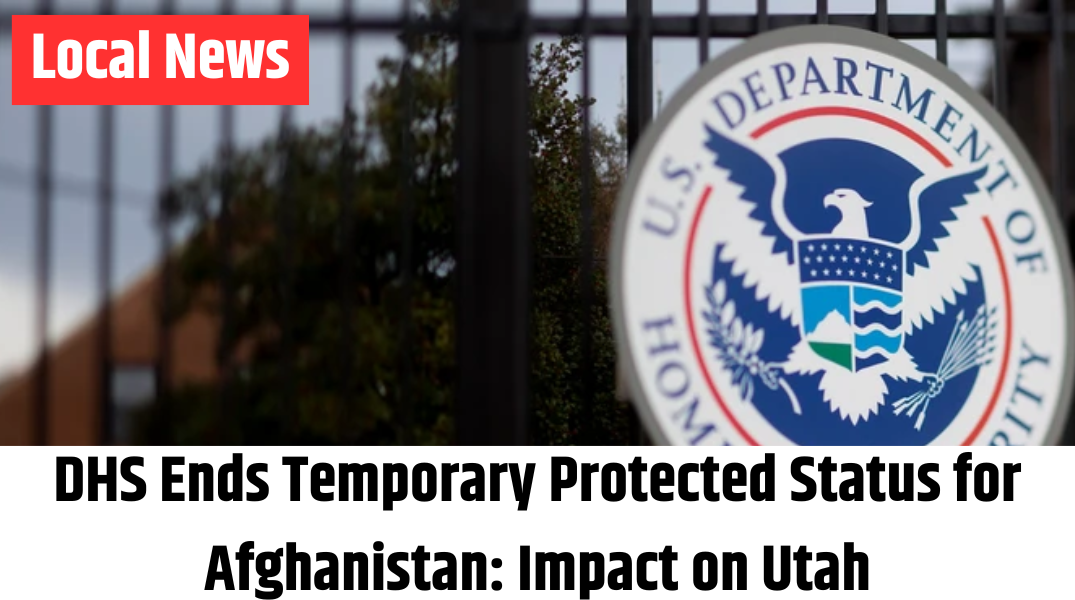
SALT LAKE CITY – The Trump administration has announced the termination of Temporary Protected Status (TPS) for Afghan refugees, a move that may require them to return to Afghanistan. The decision, which could impact hundreds of refugees who found refuge in Utah after the Taliban took over in 2021, has sparked concern among advocacy groups.
Catholic Community Services of Utah, a prominent organization assisting refugees, has supported between 200 and 400 Afghan individuals annually since 2021. Alyssa Williams, an immigration program manager and attorney with the organization, expressed her concerns about the decision, particularly regarding the current conditions in Afghanistan.
“From our experience, the situation in Afghanistan is far from stable, and it’s hard to understand how anyone could see it as improving,” said Williams. “The refugees we work with continue to face threats and challenges under the Taliban government.”
The Department of Homeland Security’s May 12th announcement emphasized the improved security situation and economic stability in Afghanistan, according to Secretary Kristi Noem. She stated, “After reviewing conditions in Afghanistan with our interagency partners, we determined that they no longer meet the requirements for TPS designation. The improved security and stabilizing economy indicate that the situation has changed significantly.”
Secretary Noem further noted that the decision also aims to address concerns related to national security and public safety, citing investigations into recipients of TPS who are allegedly involved in fraud and security threats.
Williams, however, disagrees with the administration’s assessment, stating that she frequently hears from refugees who describe the situation as worsening, not improving. “It’s hard to reconcile what’s happening on the ground with the claims made by the administration,” she explained.
Despite the termination of TPS, Williams believes that many refugees in Utah have already taken steps to secure more permanent status, either through asylum applications or green card petitions. These processes, she says, allow them to continue to seek protection in the U.S. based on the ongoing threats they face in Afghanistan.
The International Rescue Committee (IRC), which has provided essential services for thousands of Afghan refugees, also expressed concern about the policy change. Since the fall of Kabul, the IRC has assisted around 12,000 Afghan refugees across the country, offering case management, legal services, housing, and employment support.
In a statement, the IRC strongly urged the U.S. government to reconsider the termination of TPS, describing it as a harmful policy shift that threatens the safety and well-being of those who fled violence and persecution in Afghanistan. “We call on the U.S. government to maintain this vital humanitarian protection for Afghan refugees,” the organization stated.
The termination of TPS will take effect on July 12, 2025, leaving many refugees with uncertainty about their future in the United States. As discussions continue, advocacy groups are calling for the U.S. government to reconsider the decision and continue providing protection for those who have faced unimaginable hardship.




